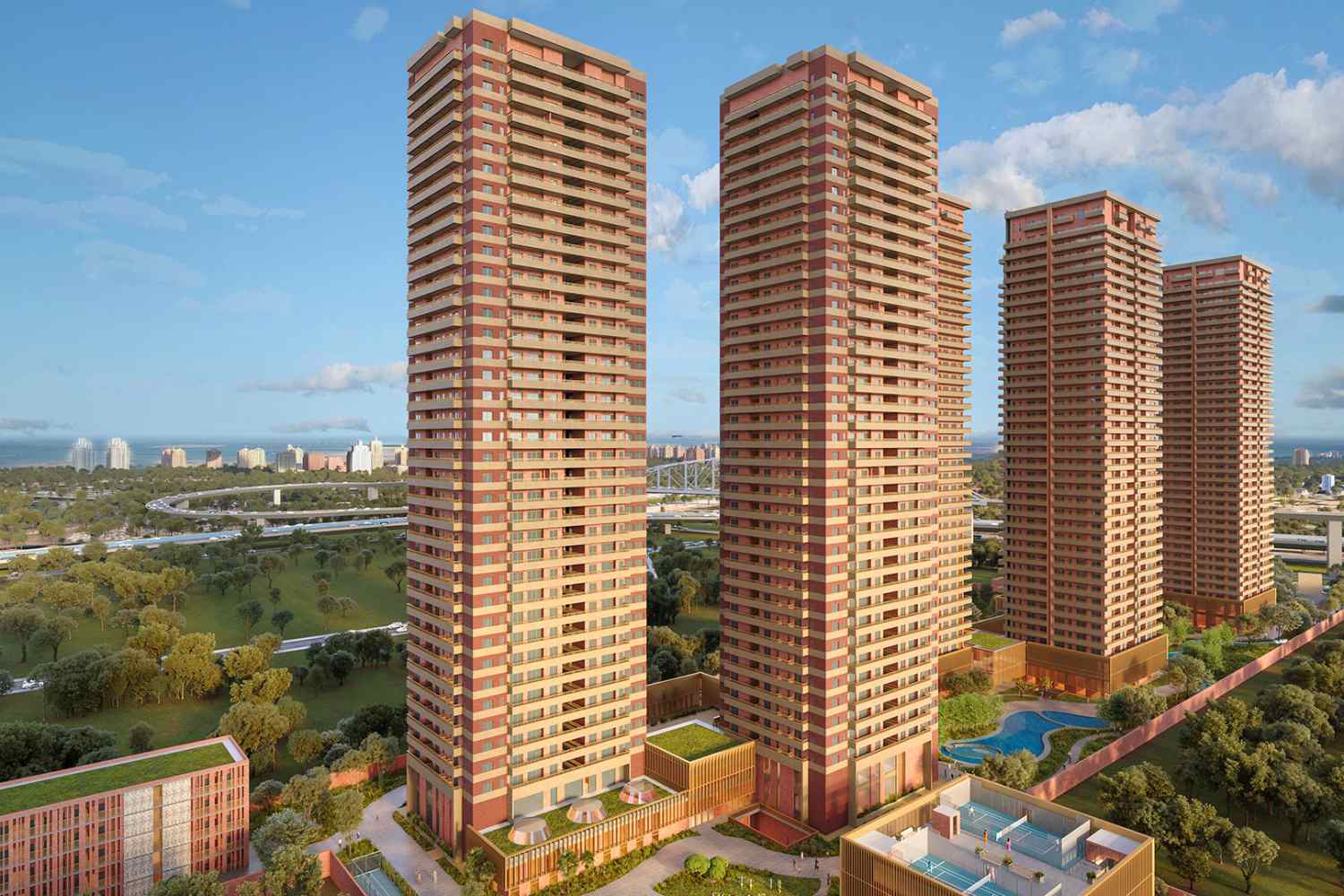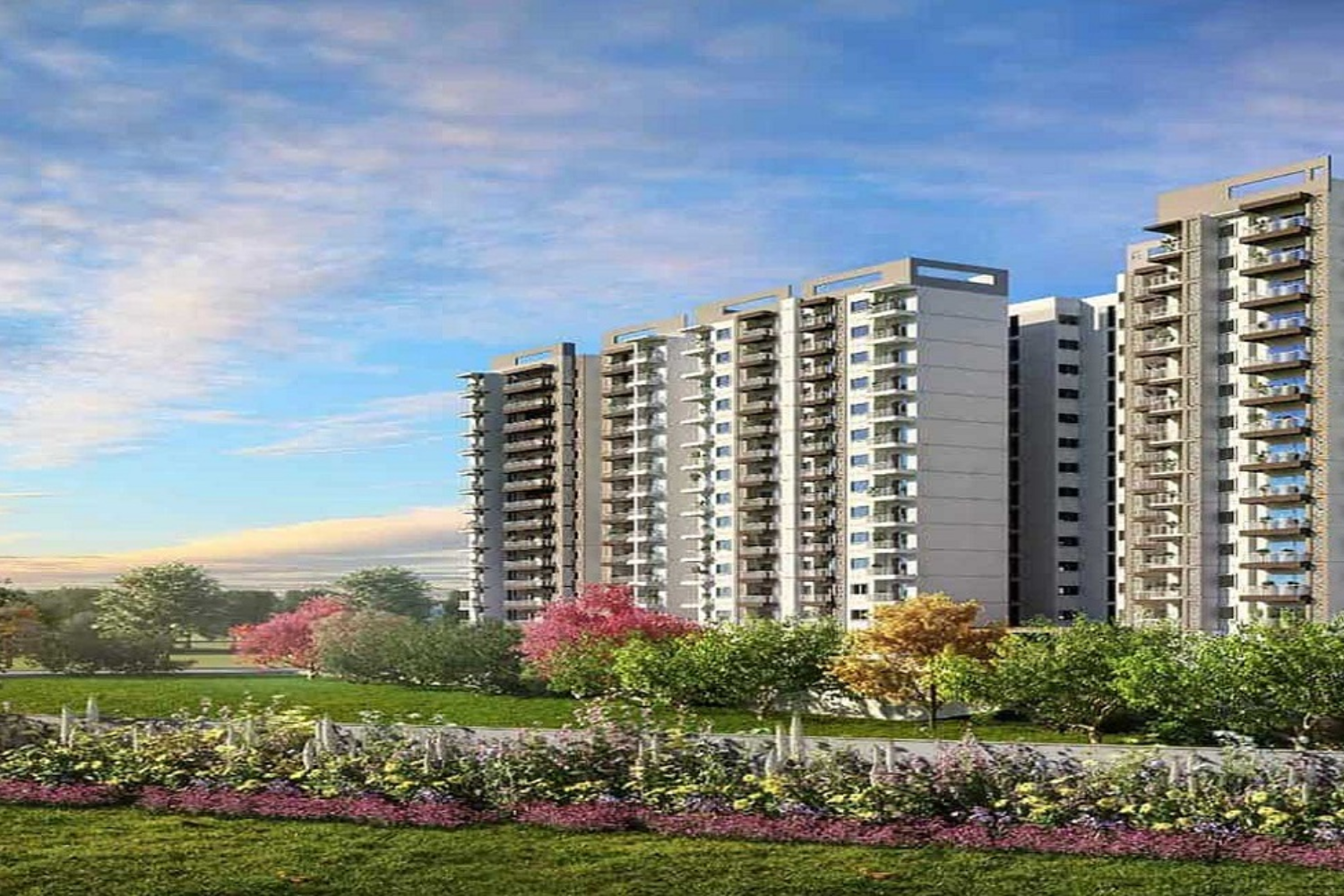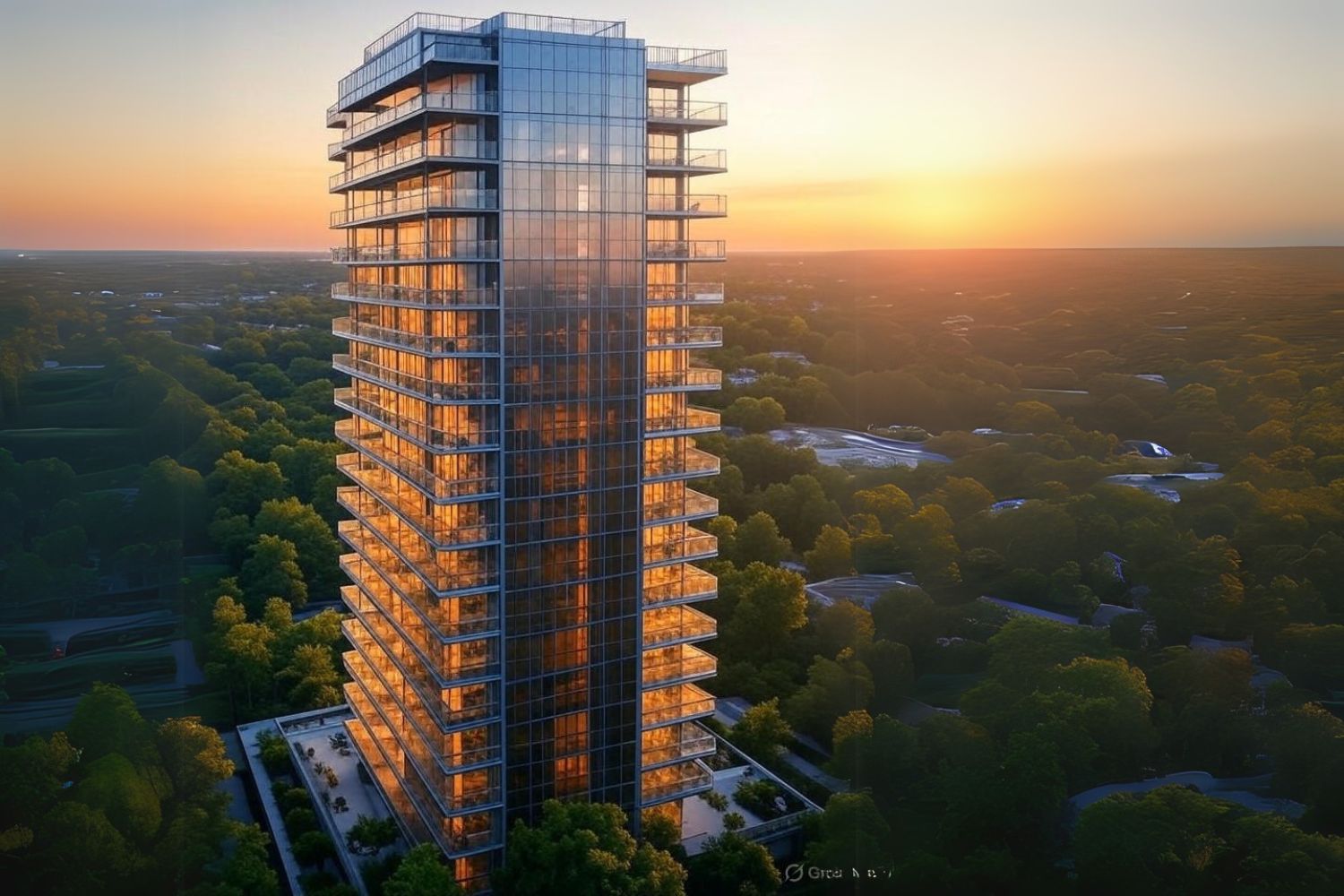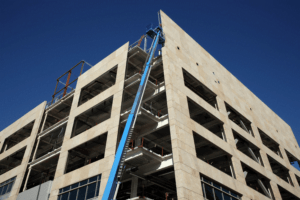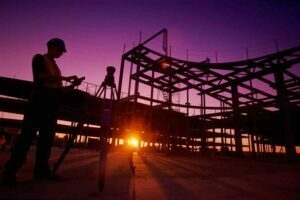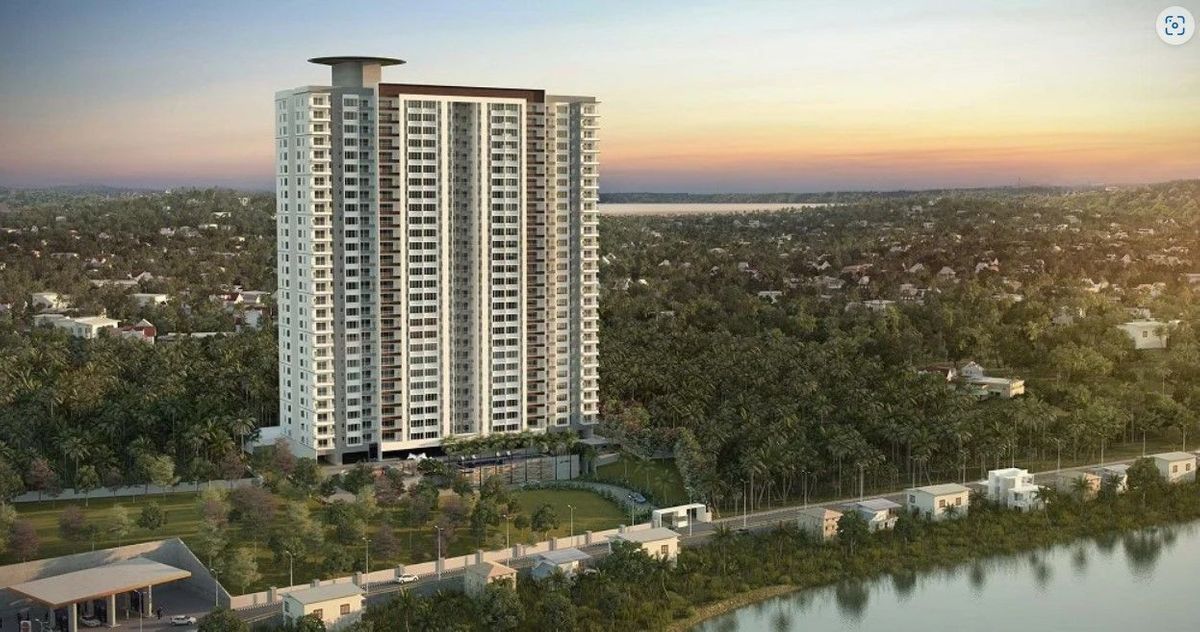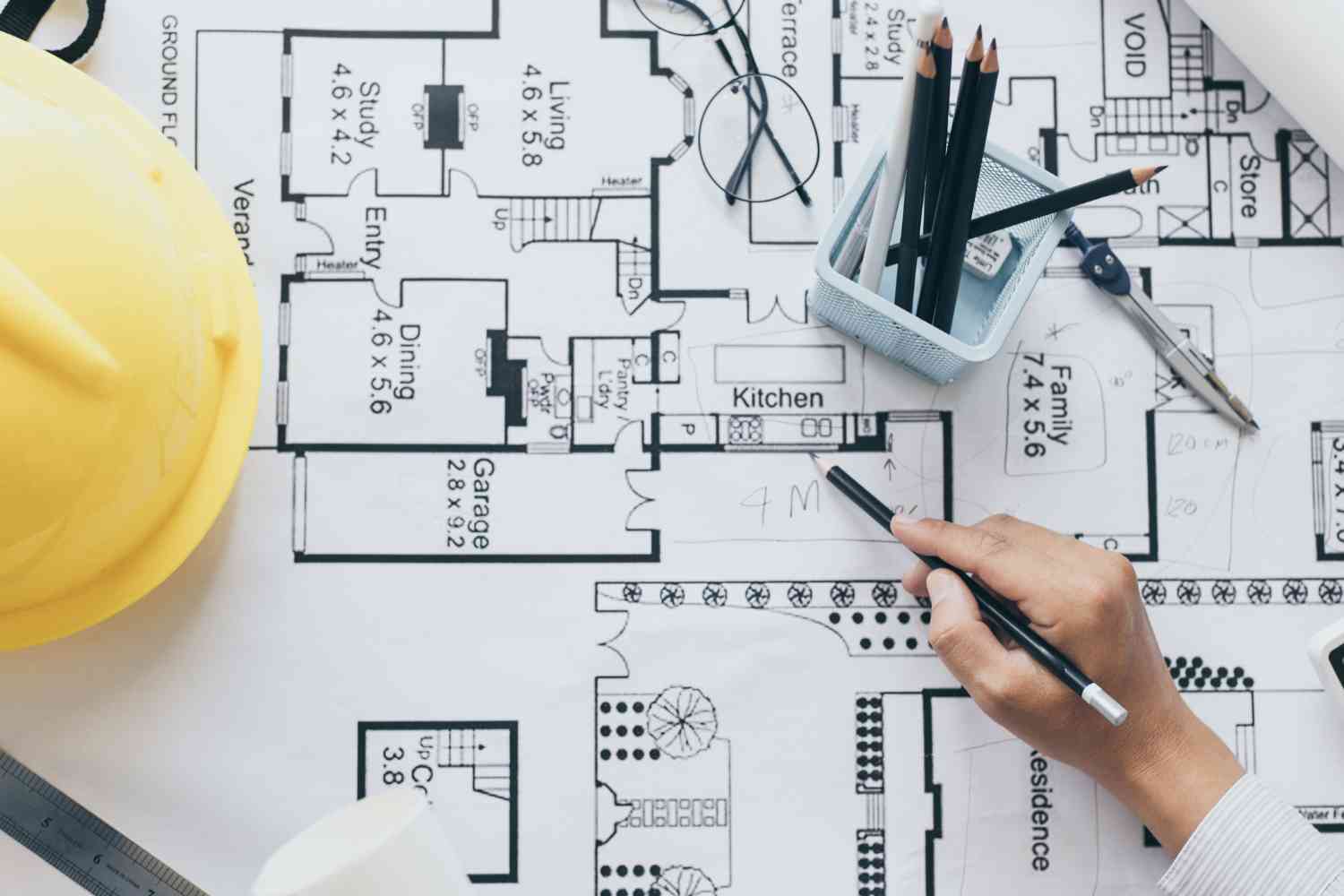In the realm of real estate development, the synchronization between housing project registration and the collection of dues from developers has long been a topic of scrutiny and deliberation. Our aim with this comprehensive article is to shed light on novel strategies that can potentially revolutionize the way housing projects are registered and outstanding dues are recovered from real estate developers. By examining key challenges, proposing innovative solutions, and discussing the potential impact, we strive to provide valuable insights into the intricate landscape of real estate regulation.
Challenges in the Current System
The existing process of linking housing project registration with the recovery of dues from developers has encountered several bottlenecks over the years. One of the prominent issues is the delay in project registrations due to disputes over outstanding payments. This not only hampers the timely initiation of projects but also leads to administrative inefficiencies. Furthermore, the intertwined nature of registration and dues recovery has often resulted in prolonged legal battles, further exacerbating project delays.
Proposing a Paradigm Shift: De-linking Registration and Dues Recovery
To address the aforementioned challenges, a pioneering approach suggests de-linking the registration of housing projects from the recovery of dues from real estate developers. This approach advocates for streamlining the registration process, allowing projects to commence without being mired in financial disputes. The recovery of dues, on the other hand, could be pursued through alternative mechanisms that are independent of project timelines.
The Multi-Tiered Approach
The multi-tiered approach involves separating housing project registration and dues recovery into distinct phases, each with its own set of procedures and mechanisms. Here’s a brief breakdown of this innovative concept:
1. Phase 1: Housing Project Registration
In this initial phase, the emphasis is solely on project registration. Developers would be required to submit project details, including plans, timelines, and intended financing sources. The focus would be on expediting the registration process, allowing projects to kick-start without unnecessary delays. Regulatory bodies would review and approve project plans based on predefined criteria, ensuring compliance with safety and environmental standards.
2. Phase 2: Dues Recovery Mechanisms
After the project is registered and underway, the second phase kicks in – dues recovery. Instead of withholding project registrations due to financial disputes, regulatory bodies would employ specialized mechanisms to recover outstanding dues. These mechanisms could include imposing fines, seizing assets, or collaborating with financial institutions to facilitate payments.
Benefits and Impact
The proposed de-linking strategy offers several benefits to the real estate ecosystem. Firstly, it accelerates project commencement, stimulating economic growth and creating job opportunities. Secondly, it minimizes legal disputes and administrative red tape, enhancing the efficiency of regulatory bodies. Lastly, it instills transparency and fairness by ensuring that dues recovery is a separate and impartial process.
Conclusion
In conclusion, the conventional practice of tying housing project registration to dues recovery has proven to be fraught with challenges that hinder progress in the real estate sector. The innovative approach of de-linking these processes offers a compelling solution that can reshape the industry landscape. By streamlining registration, expediting project commencement, and implementing efficient dues recovery mechanisms, this paradigm shift has the potential to unlock new avenues of growth and development.




